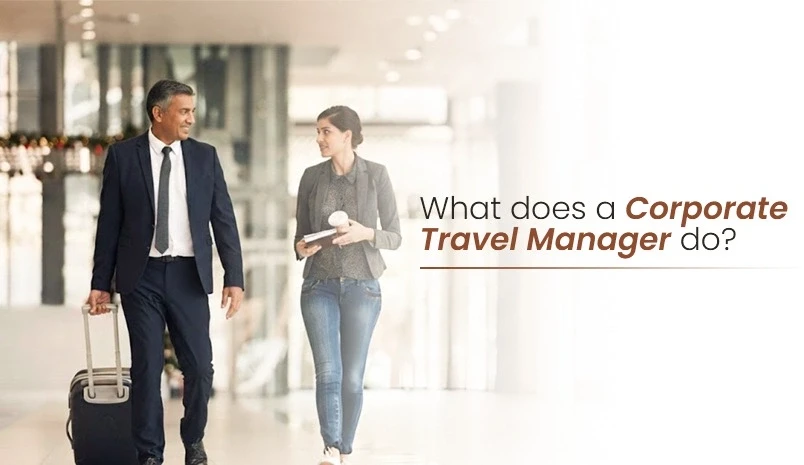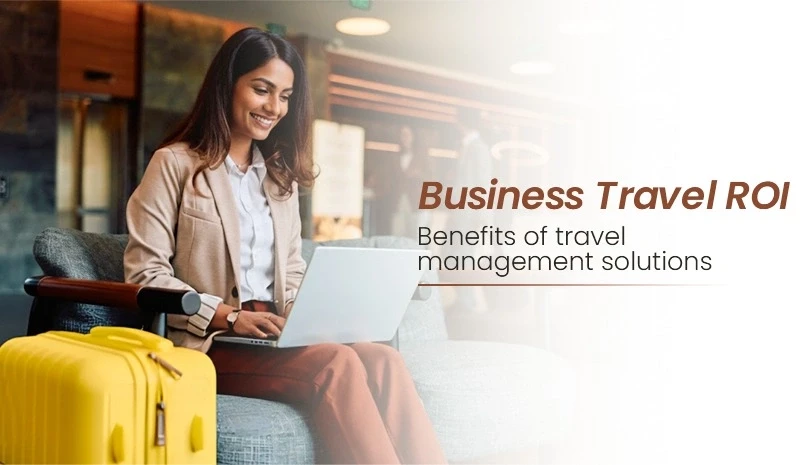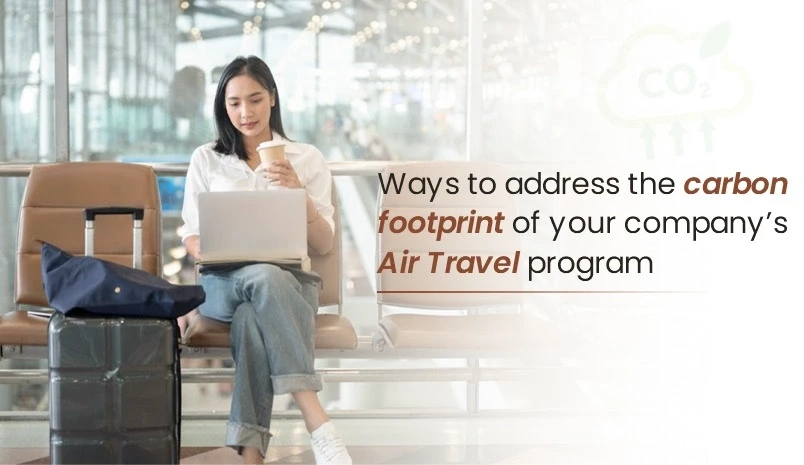Artificial intelligence has transformed how individuals make travel bookings. Flights, hotels, and rental cars can be confirmed online in seconds. For leisure trips, this level of automation works well. But the story looks very different in the corporate world. Fortune 500 companies, with thousands of employees flying every week, continue to turn to human travel experts. The reason is simple: business travel is complicated, unpredictable, and tied directly to company performance.
A business trip is rarely straightforward. Meetings run late. Flights get delayed. Plans change at the last minute. An algorithm can suggest alternatives, but it cannot weigh personal needs, urgency, and company policies all at once. A travel agent for business can. They bring years of experience and problem-solving skills. They understand how to adjust plans without wasting time or money. This human judgment is something no machine can replace.
Consider an executive team flying to three cities in four days for investor meetings. Add in assistants, consultants, and staff travelling on separate schedules. The itinerary quickly turns into a puzzle. A simple AI system may struggle with such layers. Travel agents thrive in these situations. They map connections, align schedules, and avoid conflicts. For Fortune 500 companies, that level of control is not optional—it is essential.
Online tools often promise the lowest fares. But the cheapest ticket is not always the smartest choice. Extra fees, rigid rules, or hidden costs can erase the savings. A travel agent for business looks at the long-term picture. They know how to secure corporate rates, negotiate upgrades, and keep flexibility built into bookings. Over the course of a year, those decisions protect millions of dollars for large corporations.
Corporate travel is exposed to risks—strikes, weather, political unrest, or sudden schedule shifts. When hundreds of employees are on the move, the impact of disruption can be enormous. An app may send an alert. A human agent takes action. They rebook flights, rearrange ground transport, and keep travellers moving. Having a real person available 24/7 builds confidence. It is one of the reasons Fortune 500 firms continue to depend on travel agents.
Every global company has strict travel rules. These cover budgets, preferred airlines, safety standards, and reporting. Without oversight, it is easy for employees to make bookings that break these rules. A travel agent for business ensures compliance every time. They make sure travel choices fit company guidelines. They also monitor duty of care, so employees are not just booked but also protected while they travel.
Top executives cannot spend their mornings comparing hotel reviews or flight schedules. Their focus is on clients, markets, and strategies. Agents take this burden off their shoulders. They present only the best options, already filtered through company rules. Decision-making becomes fast and simple. For large firms, this saves not just time but also productivity across the organization.
One of the strongest advantages of human travel agents is the relationship they build with clients. A good travel agent for business is not just booking tickets—they are a partner in the company’s growth. They know traveller preferences, anticipate needs, and understand the culture of the firm. Over time, this relationship becomes an asset. It adds consistency and trust that no software platform can deliver.
Fortune 500 companies are not avoiding technology. They are combining it with human care. Modern agents use advanced booking systems and data tools. The difference is that people remain at the centre. Technology speeds up routine tasks, while agents handle exceptions and judgment calls. The mix produces the best results: efficiency with a personal touch.
A business to business travel agency does more than coordinate trips. It connects corporations with airlines, hotels, and service partners. It manages bulk bookings and keeps records of every trip. It creates reports that show spending patterns and highlight areas to save. These insights are invaluable for Fortune 500 companies that spend heavily on travel each year.
No two companies are the same. Some prioritize cost savings. Others value comfort for their travelling staff. A few want advanced reporting and carbon tracking. Agents design business travel solutions that fit each client’s needs. Customization keeps firms competitive and ensures that travel works for business goals rather than against them.
Among the leading names in corporate travel, SKIL Travel has carved a reputation for reliable service. The company blends technology with personal care, offering global reach while keeping close ties with clients. Fortune 500 firms trust SKIL Travel because it delivers consistent results—smooth journeys, careful planning, and responsive support. The team’s ability to manage detail while staying flexible makes it a valuable partner.
Algorithms can compare prices in seconds, but they cannot replace lived experience. Travel agents bring judgment shaped by years of handling crises, complex requests, and evolving markets. They know when a seemingly low-cost option could create bigger problems later. Their advice helps large corporations avoid mistakes that could disrupt business goals.
Employees who travel often want reassurance that someone is looking after them. With agents managing their plans, they know disruptions will be handled quickly. That peace of mind improves focus and performance. When staff travel with confidence, companies benefit from better results on the road.
As technology evolves, booking platforms will become even more advanced. Yet the demands of global business travel will also grow more complicated. The need for human guidance will not fade—it will increase. Fortune 500 companies already see this. That is why they continue to invest in partnerships with trusted agents, even as AI spreads through every industry.
Automation is valuable, but it has limits. Fortune 500 companies know this better than anyone. Corporate travel involves high stakes, complex planning, and constant risks. A travel agent for business provides solutions that technology alone cannot offer. From policy compliance to crisis support, they keep business moving without disruption. With experienced partners like SKIL Travel, companies gain more than travel bookings. They gain reliability, savings, and peace of mind. In the end, that human expertise is what keeps them coming back.

Business trips are changing fast. People no longer just fly in and fly out for a meeting. They ar...
- 11 February 2026 | by Kuldeep
Business trips are a huge part of the global economy. Many companies send employees to different ...
- 09 February 2026 | by Kuldeep
Many companies spend a lot of money on trips. They want to know if this money helps the business ...
- 05 February 2026 | by Heena saini
Business trips are a vital part of growth. They help build trust with clients and partners. They ...
- 19 January 2026 | by Kuldeep
Business travel is a vital part of the modern world. It helps people meet face-to-face. It builds...
- 23 January 2026 | by Kuldeep